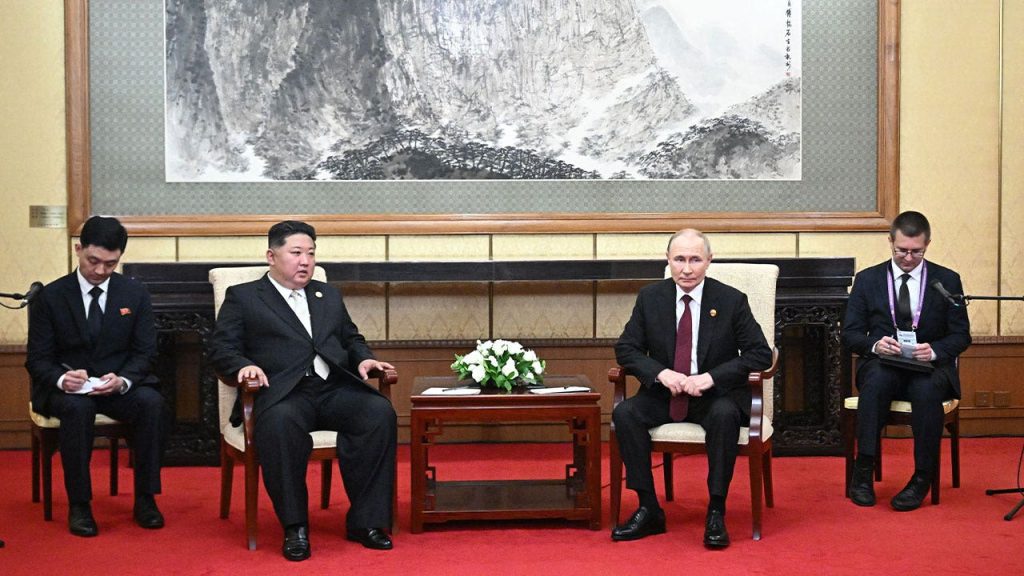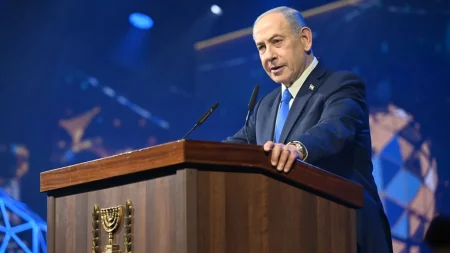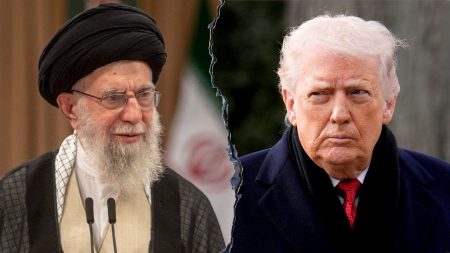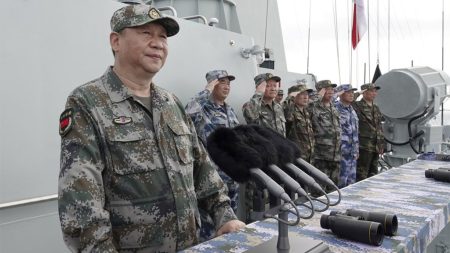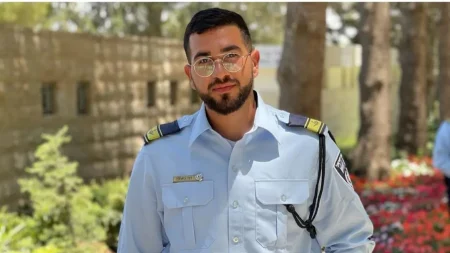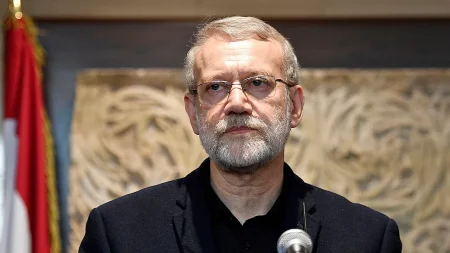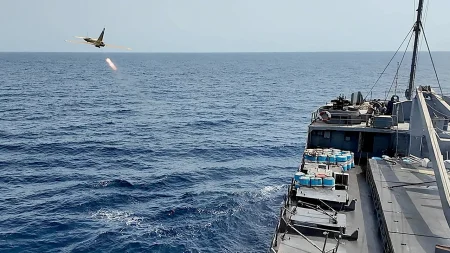Putin and Kim Jong Un Meet in Beijing After Military Parade
In a significant diplomatic engagement following China’s World War II anniversary military parade, Russian President Vladimir Putin and North Korean leader Kim Jong Un held bilateral talks at Beijing’s Diaoyutai state guest house on Wednesday. The meeting underscores the growing alliance between Russia and North Korea amid international tensions and sanctions. After attending the parade hosted by Chinese President Xi Jinping, the two leaders traveled together to their meeting, symbolizing their strengthening relationship. This encounter represents Kim’s first visit to Beijing since 2019, marking a strategic realignment as both nations face international isolation for different reasons.
During the meeting, Putin openly praised North Korean soldiers for their “bravery and heroism” in supporting Russian military operations against Ukraine, particularly in defending Russia’s Kursk border region from Ukrainian attacks. This acknowledgment confirms what many Western intelligence agencies have suspected: North Korea has become actively involved in Russia’s war efforts. South Korean intelligence estimates that approximately 15,000 North Korean troops have been deployed to Russia since last year. Beyond providing manpower, North Korea has supplied Moscow with crucial military equipment including ballistic missiles and artillery, establishing itself as a significant military partner for Russia at a time when the Kremlin faces extensive international sanctions limiting its access to weapons technology.
Kim Jong Un highlighted that cooperation between North Korea and Russia has “significantly strengthened” since June of last year, when the two leaders signed a comprehensive strategic partnership agreement. While carefully avoiding direct mention of the Russia-Ukraine conflict, Kim pledged unwavering support to Putin, stating, “If there’s anything I can do for you and the people of Russia, if there is more that needs to be done, I will consider it as a fraternal duty, an obligation that we surely need to bear, and will be prepared to do everything possible to help.” This statement reflects North Korea’s commitment to deepening its alliance with Russia, which provides economic lifelines and diplomatic protection in international forums. Kim was accompanied by senior officials including Foreign Minister Choe Son-hui, indicating the high-level nature of these discussions.
The meeting in Beijing represents more than just bilateral talks; it signals the emergence of a concerning alliance between authoritarian powers challenging the U.S.-led international order. With China hosting both leaders, the visual of these three nations—Russia, China, and North Korea—coordinating their diplomatic and potentially military strategies has raised alarms in Western capitals. This alliance of convenience allows each nation to address specific weaknesses: Russia gains military support for its Ukraine campaign, North Korea receives economic assistance to counter sanctions, and China extends its influence through proxies while maintaining some diplomatic distance from direct confrontation with the West. The timing of this meeting, taking place shortly after South Korean President Lee Jae Myung visited Washington to meet with President Donald Trump, appears deliberate, sending a message about the countering force to U.S. influence in Northeast Asia.
For North Korea, this meeting represents a significant diplomatic achievement, breaking years of isolation that intensified during the COVID-19 pandemic. Kim’s willingness to send troops to support Russia marks a dramatic escalation in North Korea’s international military engagement, moving beyond weapons sales to direct involvement in a major conflict. This new level of military cooperation suggests that North Korea may expect substantial returns—potentially including advanced military technology, economic aid, or diplomatic protection against international sanctions. The relationship benefits both nations: Russia gains desperately needed military support while North Korea receives diplomatic legitimacy and economic lifelines that help the regime survive despite international pressure.
The triangular relationship between China, Russia, and North Korea presents complex challenges for U.S. foreign policy and regional stability in East Asia. While each country maintains its own strategic objectives, their coordination undermines international sanctions regimes and complicates diplomatic efforts to address North Korea’s nuclear program or Russia’s actions in Ukraine. South Korea and Japan, key U.S. allies in the region, watch these developments with growing concern, particularly as North Korean troops gain battlefield experience that could eventually be applied to regional tensions. As these authoritarian powers deepen their cooperation, the international community faces difficult questions about how to respond to this emerging alliance that appears increasingly willing to challenge the rules-based international order through military means and mutual support in circumventing international sanctions.





